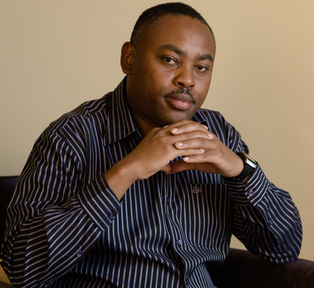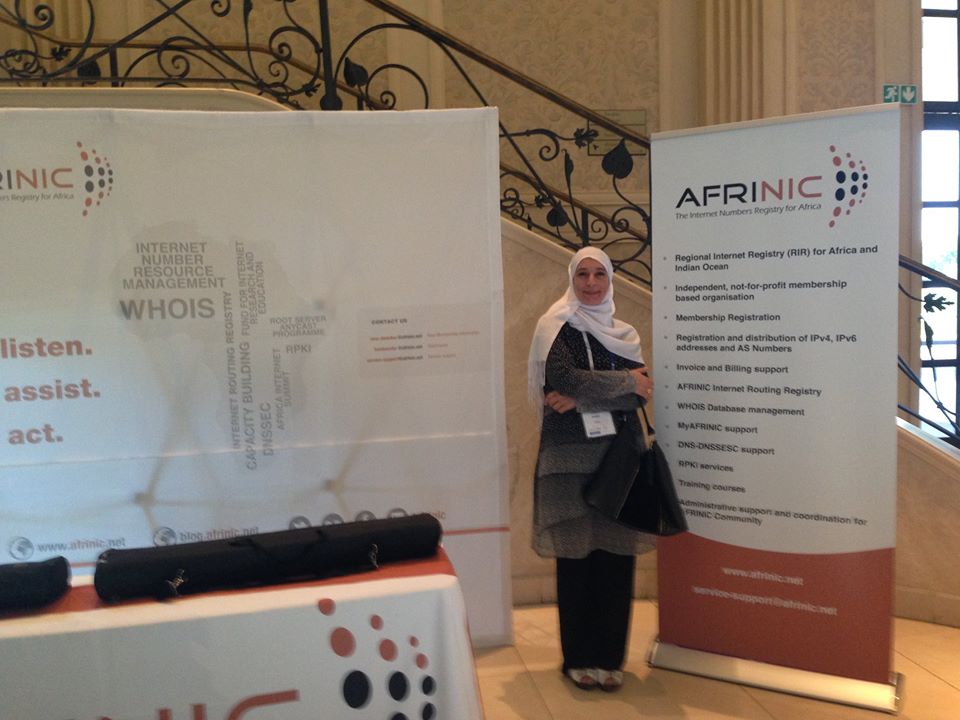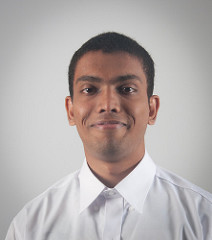 At the AIS'16 in June 2016, the African IXP Association (AF-IX) organised a Meeting. We met with Michuki Mwangi, Senior Development Manager for Africa Internet Society and CTO of the Kenya Internet Exchange Point, who talked to us about how the meeting went and the key objectives and challenges of the AF-IX.
At the AIS'16 in June 2016, the African IXP Association (AF-IX) organised a Meeting. We met with Michuki Mwangi, Senior Development Manager for Africa Internet Society and CTO of the Kenya Internet Exchange Point, who talked to us about how the meeting went and the key objectives and challenges of the AF-IX.
AF-IX is a platform for IXPs to share their experiences, find means to grow their membership and traffic and to address some of the challenges they are facing. One of the key objectives of AF-IX is to support the community in growing their exchange points, especially in countries that have already established IXPs. According to Michuki, the biggest challenge that arises is how IXPs achieve membership growth.


 We share with you AFRINIC's news highlights for the month of June.
We share with you AFRINIC's news highlights for the month of June. During AIS’16 in Botswana, we caught up with several women who work diligently in the ICT sector in many parts of Africa as they shared with us their stories, passion and struggles.
During AIS’16 in Botswana, we caught up with several women who work diligently in the ICT sector in many parts of Africa as they shared with us their stories, passion and struggles. AFRINIC's Logan Velvindron shares his views on the impact of IPv4 exhaustion on the Internet of Things (IoT) market in Mauritius during a half day workshop on the Mauritius National Innovation Framework.
AFRINIC's Logan Velvindron shares his views on the impact of IPv4 exhaustion on the Internet of Things (IoT) market in Mauritius during a half day workshop on the Mauritius National Innovation Framework.

